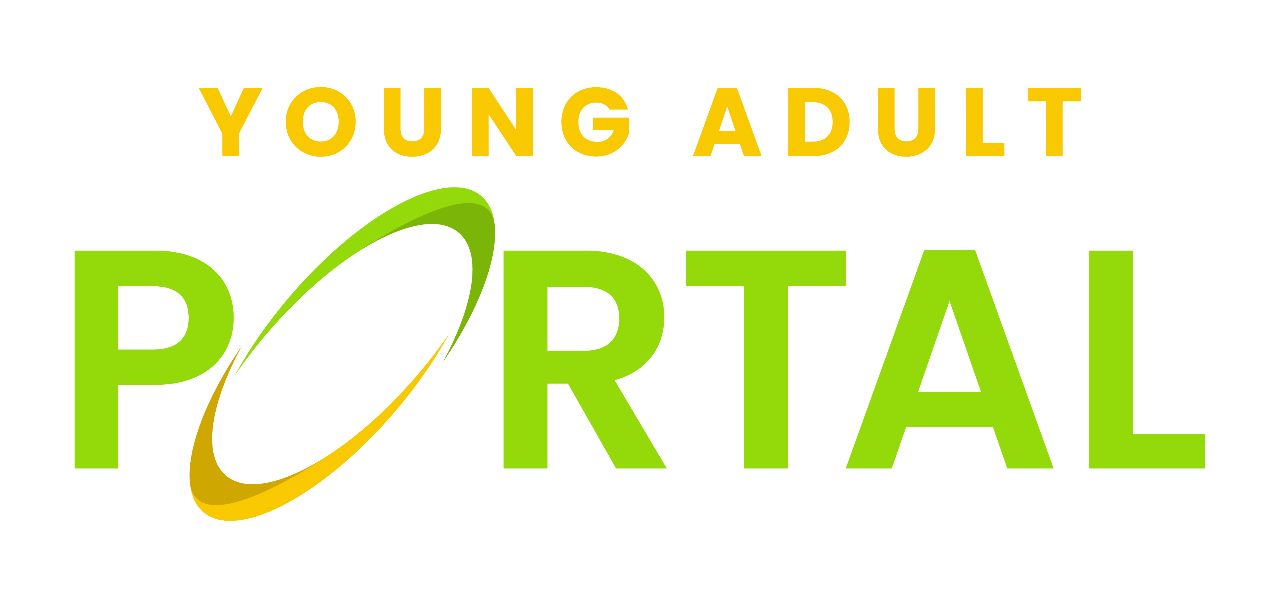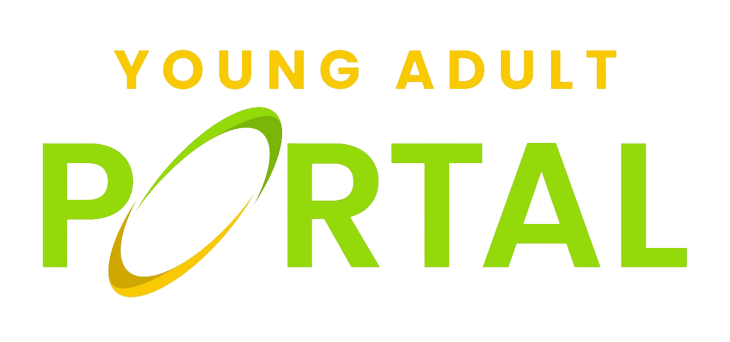Problem
Problem
Limited access to education and skills training
Recent research by the
Economic Policy Institute (EPI) reveals that young adults from disadvantaged
backgrounds, particularly those in low-income communities, have limited
access to quality education and skills training programs. This lack of access
hinders their ability to acquire the necessary qualifications and skills
demanded by today’s job market (EPI, 2022).
Systemic inequalities and socio-economic vulnerabilities
OSOW young
adults, particularly minority groups and individuals from low-income
households, continue to face systemic inequalities and socio-economic
vulnerabilities. A report by the Center for American Progress highlights the
persistent disparities in unemployment rates and wages among young adults,
emphasizing the need for targeted interventions to address these disparities
(Center for American Progress, 2021).
Lack of verified credentials and achievements
In a rapidly changing job
market, OSOW young adults struggle to provide verifiable credentials and
achievements, impacting their employability. According to a survey by the
National Association of Colleges and Employers (NACE), employers
increasingly rely on certifications, internships, and work experience when
hiring (NACE, 2021). Without recognized credentials, young adults face
barriers to securing meaningful employment.
Cumbersome and inefficient record-keeping systems
Traditional paperbased records present challenges for OSOW young adults in organizing and
presenting their achievements and qualifications. A study by the National Skills
Coalition emphasizes the need for streamlined record-keeping processes and
digital solutions to ensure the accuracy and accessibility of credentials
(National Skills Coalition, 2021)
Limited opportunities for upward mobility
Recent research by the Pew
Research Center highlights the growing income and wealth gaps, which
disproportionately affect young adults from disadvantaged backgrounds. The
study emphasizes that economic mobility remains a significant challenge for
this population, limiting their prospects for upward mobility and long-term
financial stability (Pew Research Center, 2020).
Digital divide and lack of technological literacy
The COVID-19
pandemic has highlighted the digital divide among OSOW young adults,
exacerbating their challenges in accessing online education, job opportunities,
and digital tools. Research by the National Bureau of Economic Research
emphasizes the need for targeted interventions to bridge the digital divide and
provide digital skills training for marginalized populations (National Bureau of
Economic Research, 2021).

